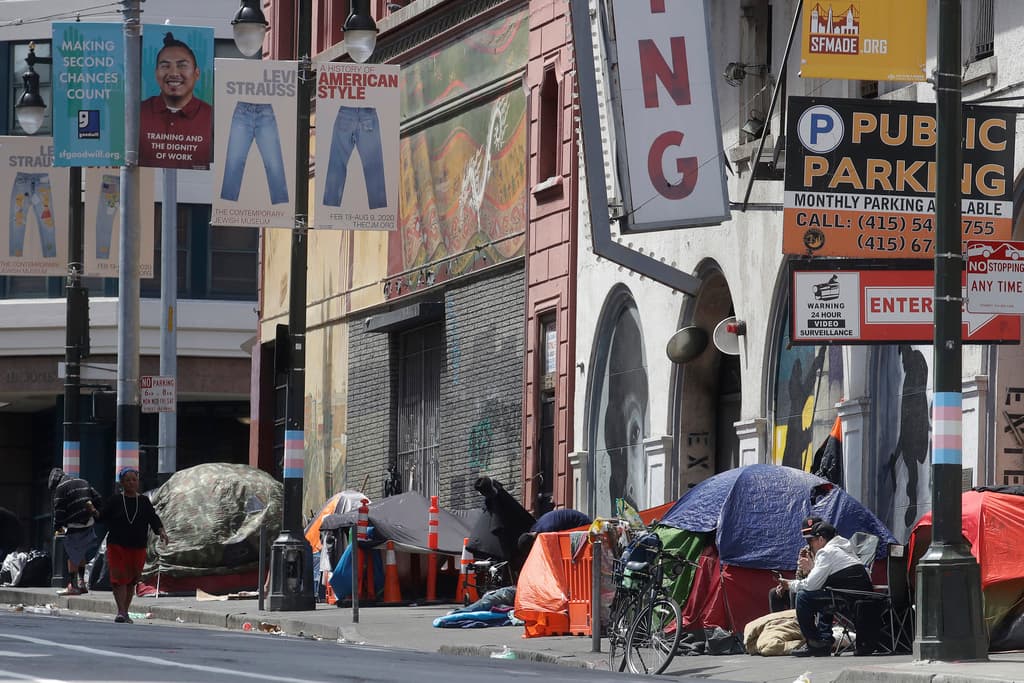California Announces Billions in New Spending To Reduce Scourge of Homeless Encampments
Mr. Newsom is under fire from civic and business leaders who say homeless tent cities are making life increasingly dangerous and untenable in many cities.

State officials in California, alarmed at the growing number of homeless encampments popping up in cities across the state, will ask voters for permission to spend at least $1 billion of their money for new facilities to treat mental illness and addiction among the residents of those encampments.
Please check your email.
A verification code has been sent to
Didn't get a code? Click to resend.
To continue reading, please select:
Enter your email to read for FREE
Get 1 FREE article
Join the Sun for a PENNY A DAY
$0.01/day for 60 days
Cancel anytime
100% ad free experience
Unlimited article and commenting access
Full annual dues ($120) billed after 60 days

